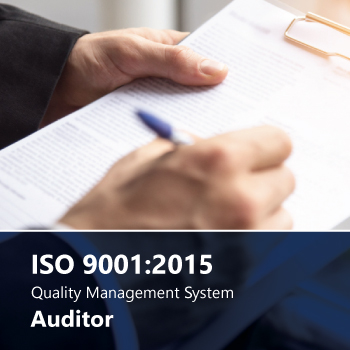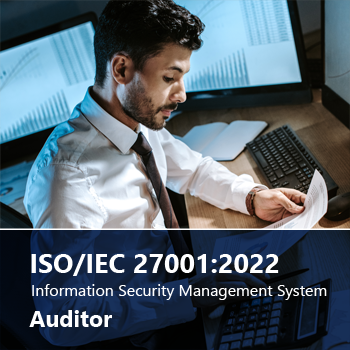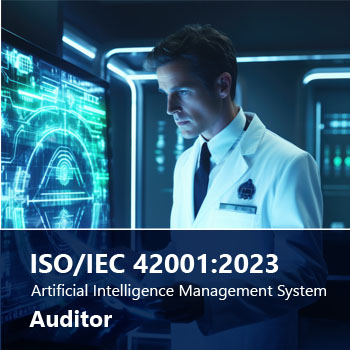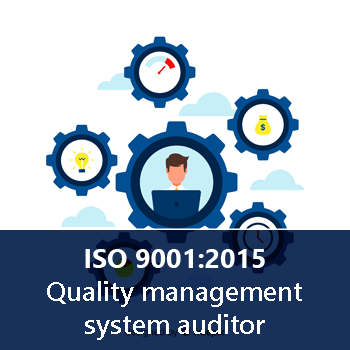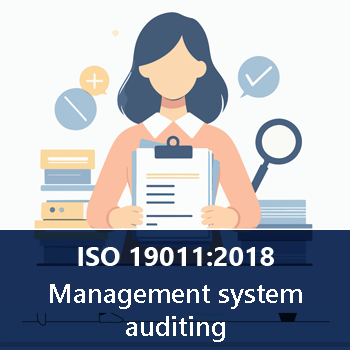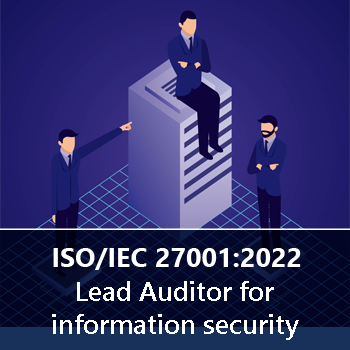Preparation for an audit. Some suggestions for auditors
Published on July 29, 2025

I recently participated in a management system audit that ultimately went well, but it highlighted some recurring issues that could be improved. This post outlines several considerations for auditors preparing to assess a new organization.
Understand the role of the auditor
Auditors must clearly understand their role. They are not inspectors or enforcers, but independent evaluators. The goal of any audit is to capture an accurate picture of the management system at a specific moment. The overall goal of any audit is to help the company improve.
Preparation is key
The role of preparation is often overlooked. And this is a mistake in my opinion. Reviewing public information before an audit, trying to understand the context of the you are going to visit saves valuable time and ensures the auditor can focus better on key areas.
Collect and record evidence
Every audit finding must be based on verifiable evidence. This evidence can be gathered through interviews, observation, and document review. Writing down the collected evidence in checklists or notes is crucial for transparency and accurate reporting.
Clear findings well explained
Audit findings must be clearly articulated and always linked to specific requirements. If there is no requirement being breached, a nonconformity cannot be issued. Personal opinions or preferences should not influence findings. The auditee should fully understand the issue and the rationale behind it. While auditors should not suggest specific solutions, they must be ready to explain the findings thoroughly.
Practice humility and encourage dialogue
Good auditors show humility and openness. They are willing to hear new perspectives, consider alternative interpretations, and—even more importantly—revise their position if new evidence warrants it. No one has complete knowledge of every standard or organizational nuance.
Time management
Audit schedules should be realistic and respected. While flexibility is sometimes necessary, significant delays should be avoided. If an audit is scheduled to end at a certain time, it is the auditor’s responsibility to adhere to that commitment.
Professional approach
An auditor must remain impartial and avoid becoming too familiar or friendly with the auditee. This professional distance helps maintain objectivity. It is much harder to issue a nonconformity when the auditee has just become your “very good friend”.
Auditing is not just about filling a checklist. It’s more than that. It’s about attitude, preparation and integrity. These are some suggestions for auditors and there are many aspects that should be considered.
